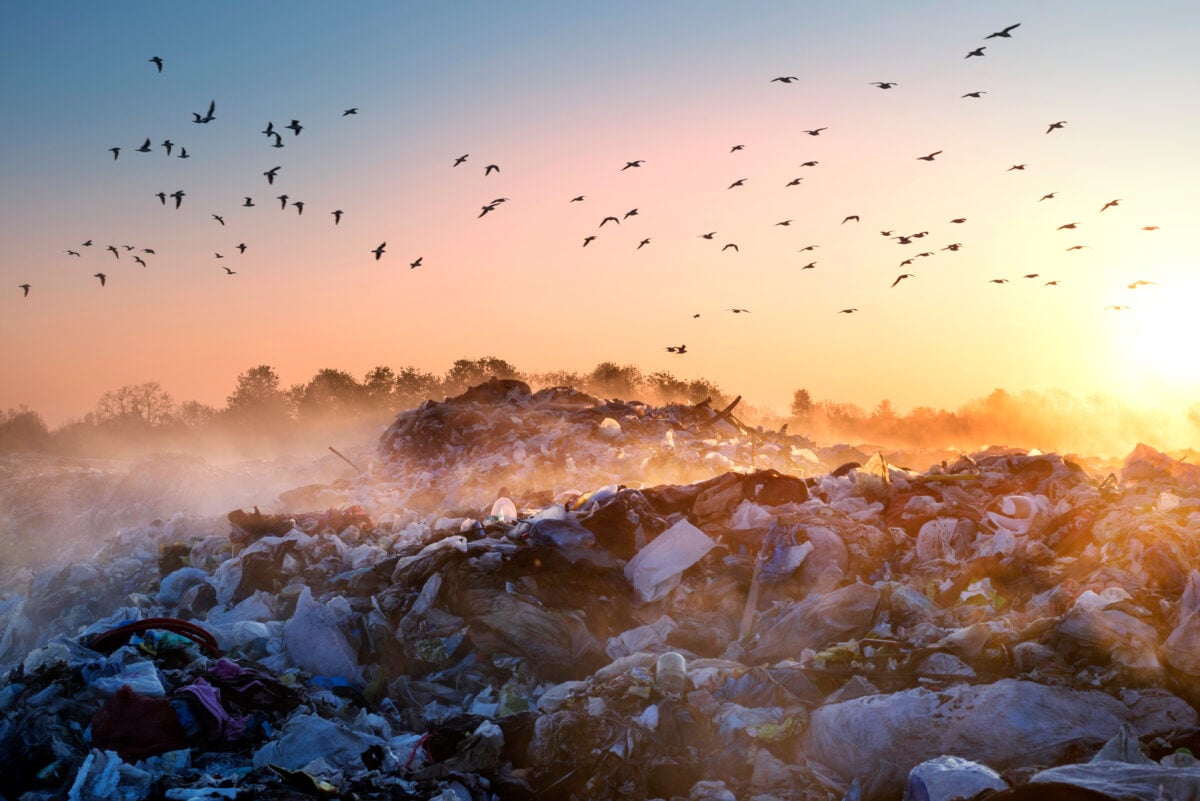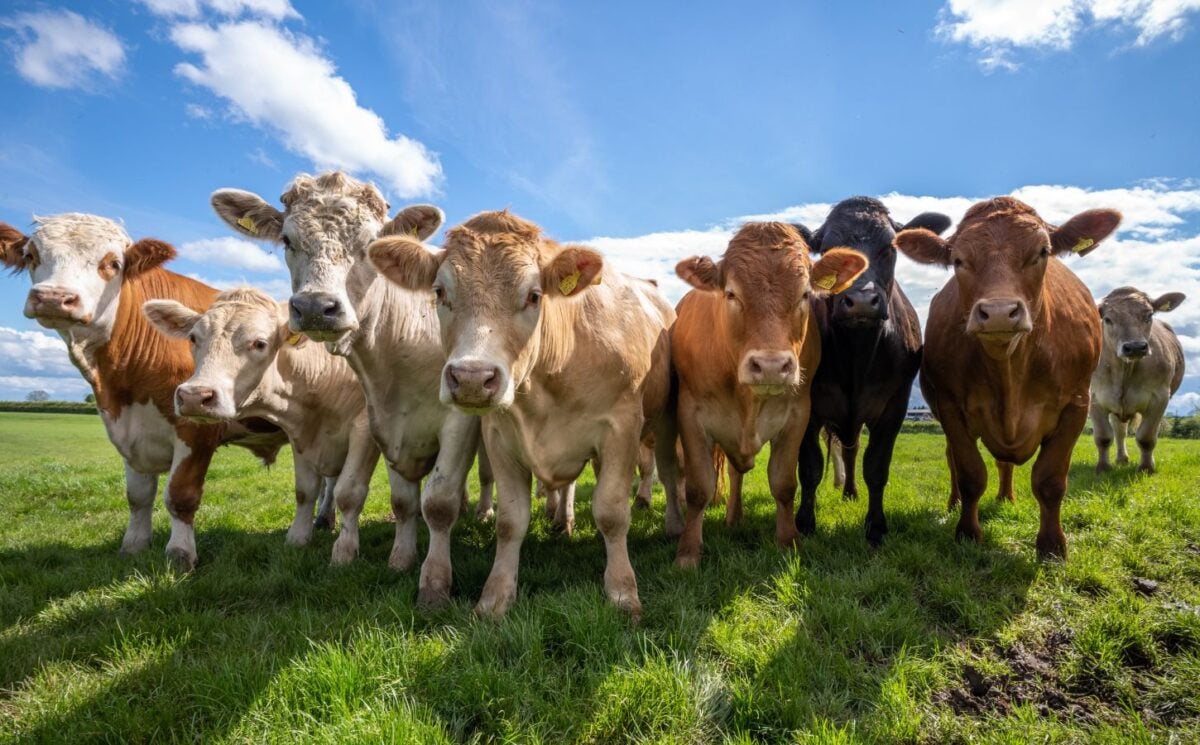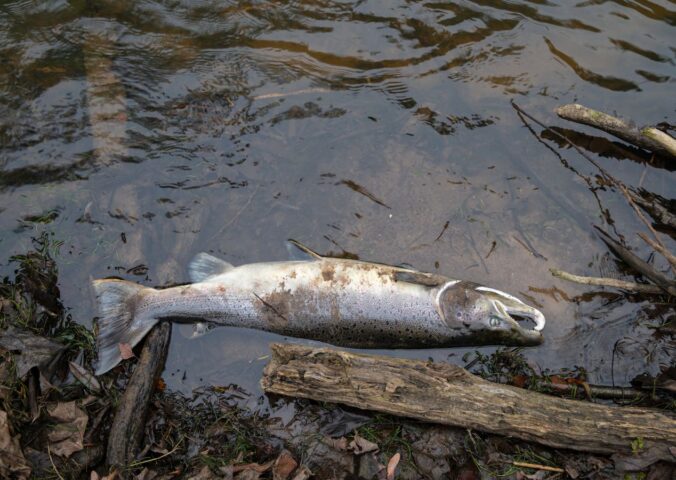New research describes how human activities now fuel two-thirds of global methane emissions, which are growing at an unprecedented rate year-on-year.
Read more: Summer 2024 Was The Hottest On Record
Rob Jackson, a professor of Earth System Science at Stanford University and chair of the Global Carbon Project, is the lead author of the new research.
Titled “Human Activities Now Fuel Two-thirds Of Global Methane Emissions,” the work was published in Environmental Research Letters last month and describes how methane emissions are rising faster than any other greenhouse gas.
Based on separate data, Jackson notes an increase in global methane concentrations of 15, 18, 13, and 10 parts per billion (PPB) each year from 2020 through 2023.
These were, respectively, the second, first, fourth, and fourteenth largest increases since the U.S. National Oceanic and Atmospheric Administration (NOAA) began recording data over 40 years ago, with current levels approximately 2.6-fold higher than in pre-industrial times.
Methane is the main greenhouse gas produced by animal farming. The EPA notes that excluding all other animals raised for meat, farmed cows produce at least 231 billion pounds of methane every single year. Just 15 meat and dairy companies produce nearly as much methane as the entire European Union put together. Landfills are also a key source of methane emissions.
Read more: There’s A 30% Increase In Food Waste Over Summer – Here’s How To Minimize It
Reducing methane emissions could help mitigate the climate crisis

In a recent Q&A with Carbon Brief, Jackson noted that methane levels show no “hint of a decline,” and added that this perpetual rise is “incompatible” with climate goals.
“Methane levels are not just increasing, they’re increasing faster than they were [in the past]…[I]t’s incompatible with not just 1.5C, but 2C – and has us heading towards 3C if it continues,” explained Jackson. He also told Carbon Brief that the main takeaway from growing methane emissions is “just how far we are from where we need to be.”
According to UNEP, methane is responsible for around 25 percent of the global warming the planet is experiencing today. While it is shorter-lived than CO2, methane traps significantly more heat, making it 80 times more harmful for the first 20 years after it is released.
This means that while methane is a huge problem, it has the potential to be a meaningful area of improvement if we reduce it. The IPCC previously noted that “strong, rapid and sustained reductions” in methane emissions could both reduce warming and improve air quality.
Read more: Meat Industry Fights To Use ‘Alternative Metric’ To Measure Methane Emissions






